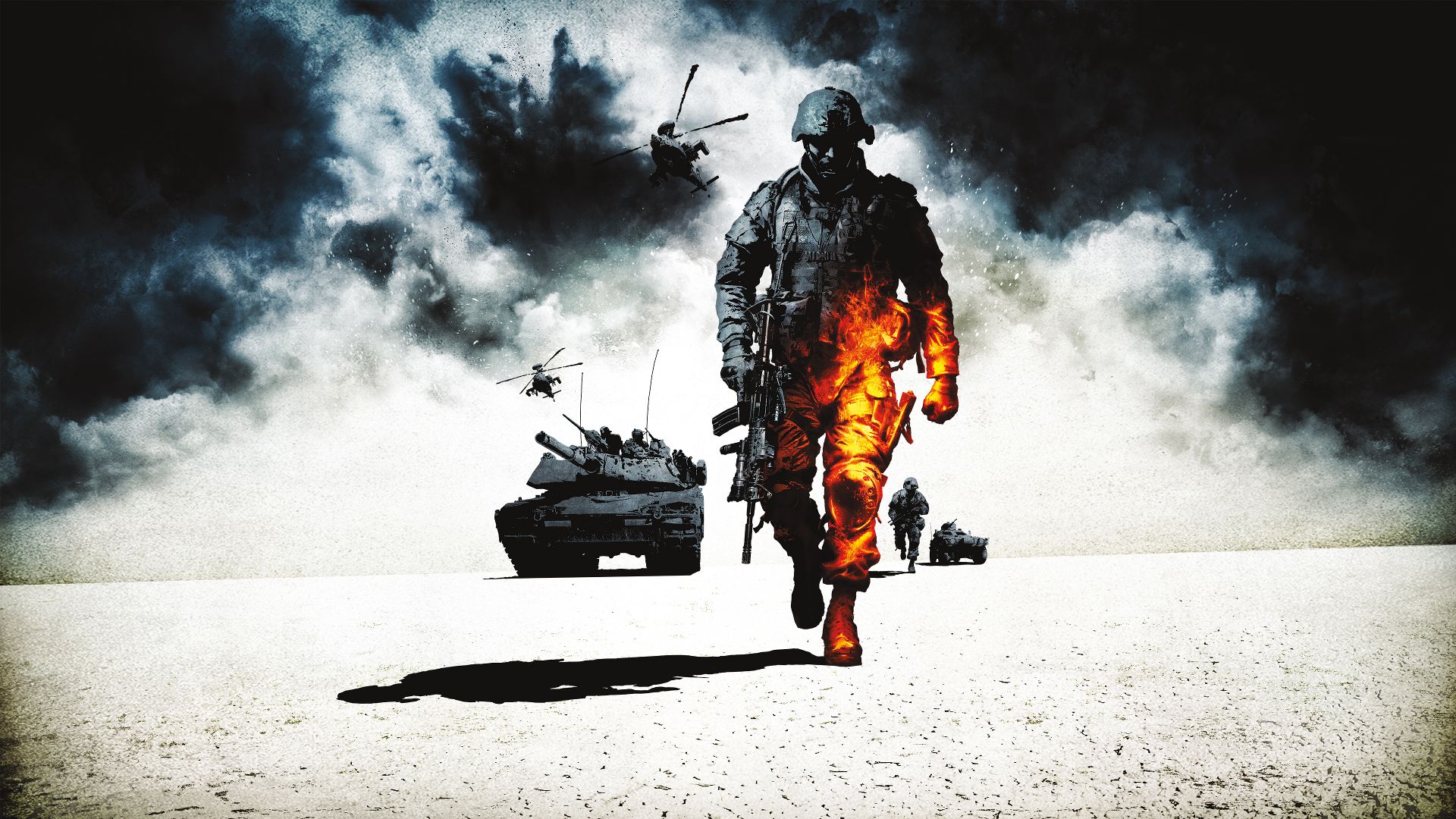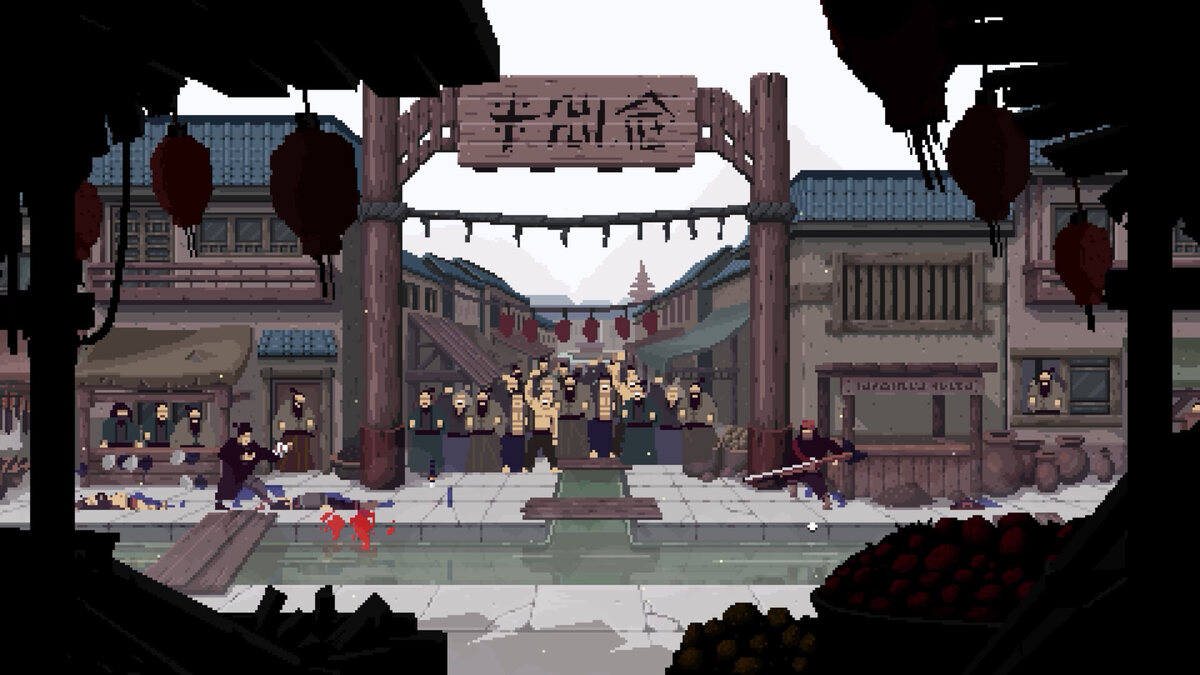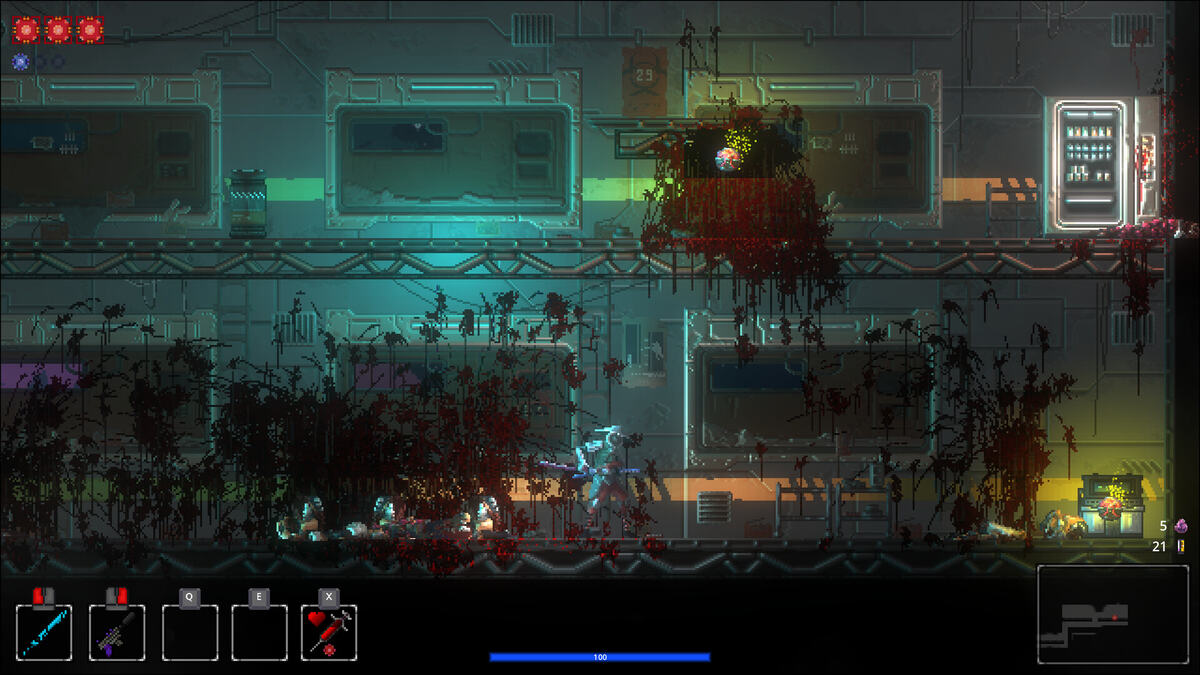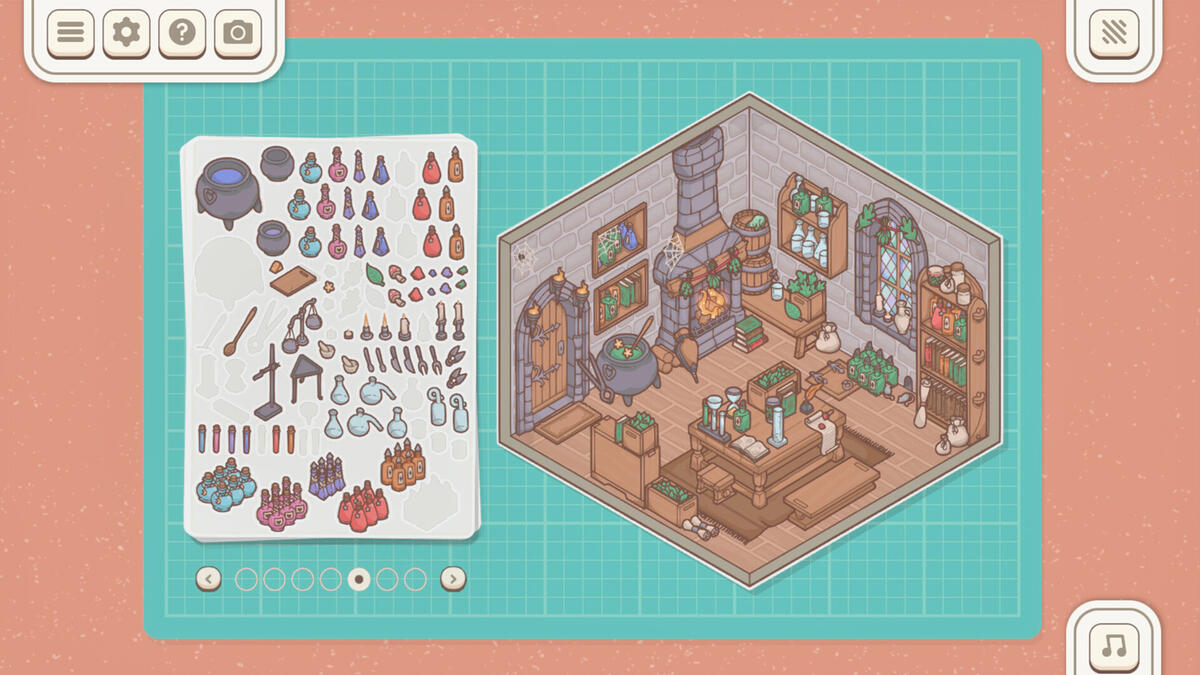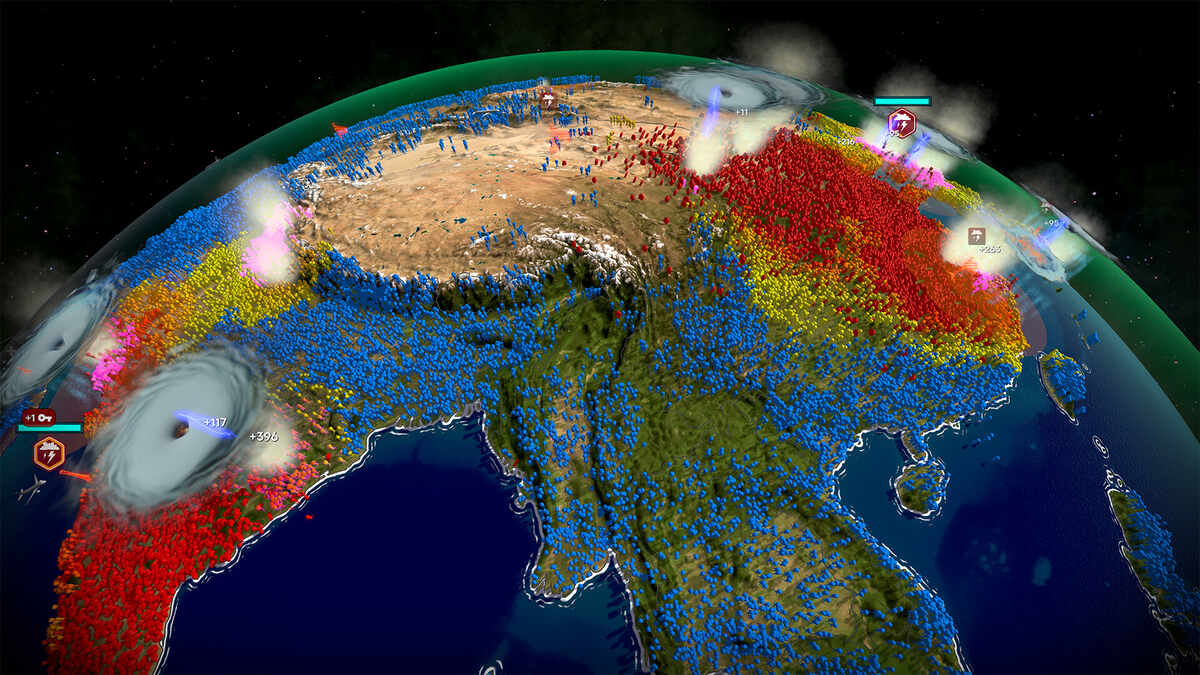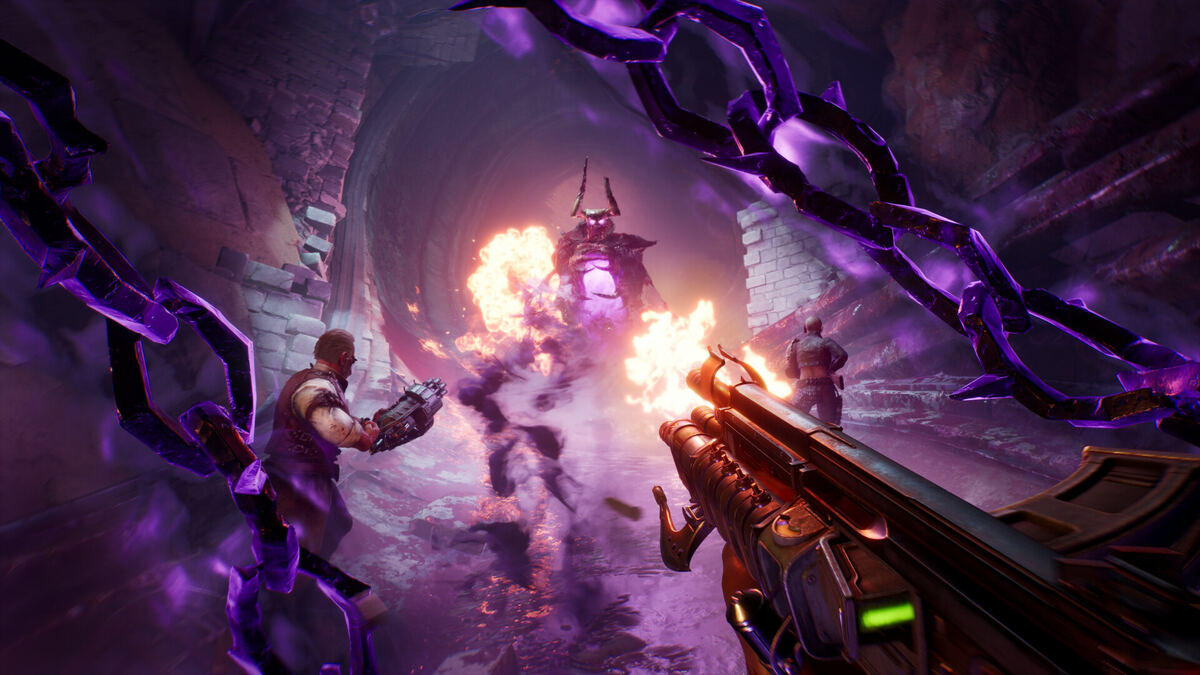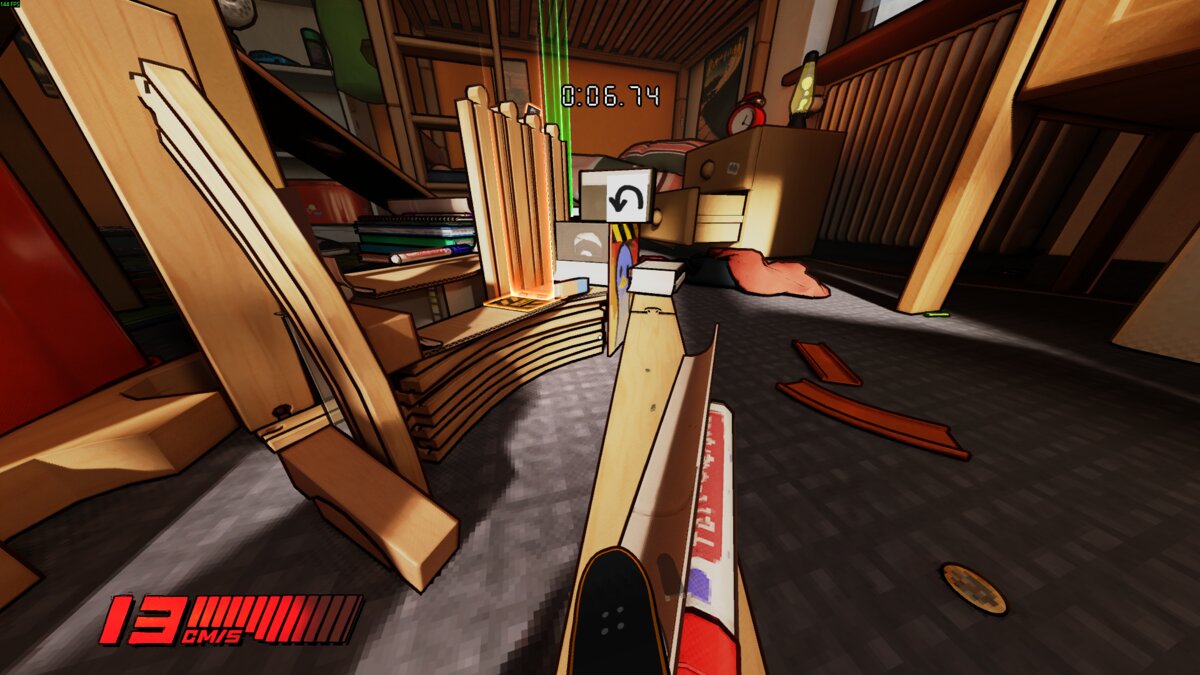You can trust VideoGamer. Our team of gaming experts spend hours testing and reviewing the latest games, to ensure you're reading the most comprehensive guide possible. Rest assured, all imagery and advice is unique and original. Check out how we test and review games here
The Battlefield is a brutal, unforgiving place, but when you’ve got Bad Company by your side, it’s even worse. Thankfully, we’ve enlisted the help of DICE producer Gordon Van Dyke to take us through all things Battlefield Bad Company 2, due out in March. Read on for his take on everything from Modern Warfare 2, the depiction of war crimes in video games, to even Uncharted 2.
VideoGamer.com: How do you approach toying with the Battlefield formula for Bad Company 2? There’s always that if it isn’t broke then don’t fix it argument. How do you go about tweaking what you’ve got? In your own words, how do you see it?
Gordon Van Dyke: Hm. That’s a good question. A lot of it has to do with gut feeling. When you’re making these games now, it’s about how can you improve the experience? A lot of people who don’t play Battlefield are interested in it, but it’s like the scary cousin that’s way bigger than the rest of you, and you don’t know why he’s so big. So you’re nervous to play with him. Is he going to crush me? Is he going to hit me on the head? Is he going to sit on me? You don’t know what to do with that situation so you just avoid it. The biggest thing is we’ve tried to maintain – we always need to maintain that nucleus of Battlefield, right? The core things that make Battlefield, which are big sandbox environments, with a mix of vehicles, you have infantry, and now, since Bad Company 1, you have destruction. Those four key elements encourage what we call Battlefield moments. As long as you focus and keep those four core things the same, it’s okay to experiment with different ways of doing the game.
Take 1943, for example. We did replenishing health, which we’d never done before, and replenishing ammo. People freaked out about that. People freaked out so much that some of the more senior people at DICE started freaking out. The lead producer of that and myself – we were both on that project – we were like, don’t freak out, we’ve seen people who have actually played it and they loved it. Just trust us on this. It took a lot of coaxing, but they finally did say, okay, fine, we’re going to trust you on this one. And it worked out. People realised that you don’t have to – those outer layer gameplay mechanics aren’t going to change you feeling like you’re playing Battlefield. You don’t have to have the medic pack to feel like you’re playing Battlefield. You don’t have to have an ammo crate to feel like you’re playing Battlefield. You need vehicles to feel like you’re playing Battlefield. You need the open world, sandbox environments, you know these huge maps. You need the infantry combat, and now you need the destruction. If you took one of those out, then you’re really changing things. But if you’re changing the small things, those are things you should never judge until you play it, because it might actually turn out better than you thought.
One of the big things people were upset about was the kill cam. A majority of the responses – not everybody’s going to like it and maybe some of their gut feelings were right – but the majority of people were like, we like this. But we’re also trying to make sure that, come release time, we do have a lot of variety, and we’ll reveal more of that later, but a lot of variety that will appeal to a broader group as well. You have options and choices you can make, and that’s a big thing as well. Especially now with games, people want some options and they want variety.
VideoGamer.com: At the same time though, you’ve got to have that balance of giving people options but not flooding them.
GVD: Yeah, absolutely. It is tricky, and that’s something you work on. We’re, at DICE, trying to make sure we encourage and retain the core group of guys that are working on these games, and make sure their knowledge is being shared and communicated through DICE, so we keep learning and grow and get better. We’re focused on the Frostbite engine, so you’re going to see, as long as people want them, I’m sure you’ll see more games come from DICE on the Frostbite engine. It’s a big focus of ours. If you look at a lot of companies, they do really well by focusing on one engine and building up that core knowledge on that platform.
VideoGamer.com: Speaking of Battlefield 1943, are there any plans to release downloadable content?
GVD: It’s not cemented plans, but right now it’s not in the plan to start working on it right away. It’s about smartly managing your resources, and we want to make sure that our games, more and more, the quality just gets better and better. If you’re branching off your team and trying to throw out some map packs – we know people have said they will buy them – but is it what’s best for our current project that we’re working on? Will we impact that and hurt it in any way? Unfortunately, you do. We could throw it out there and make a quick buck. But, to us, people’s feeling of quality and the value they’re getting is more important than turning around and churning out a map pack for an easy dollar.
VideoGamer.com: What about Vietnam? Is that a particular idea you’d like to do?
GVD: I’d love to do any of them. We have such a wealth of back catalogue stuff we could pull from and do something similar to that, that it’s almost mind-boggling. Right now, anybody’s guess is as good as mine on what we could do. But definitely know that the back catalogue is a great resource for us, and we definitely would look there first – for a little inside scoop!
VideoGamer.com: A recent study was released about the depiction of war crimes, as they put it, in video games, where they got people to play a list of games, including Battlefield Bad Company, World at War and Far Cry 2, and got some lawyers to talk about it. They concluded these games don’t condemn war crimes. What’s your attitude to games dealing with real world conflicts or things that are close to home, like the terrorist level in Modern Warfare 2? Is there a responsibility there?
GVD: We had war crimes way before video games. Video games definitely don’t feed into war crimes. It’s just people looking for a way to get attention, by bringing up the easy target, which are obviously video games. It is representing the ultimate defeat, which is death. But when I play a video game, and I’m sure when you play a video game, you never feel like you actually killed someone. You’re like, ah now I got to respawn and go back and get them. Maybe it’s a harsher way of doing it, but it’s like chess. When you defeat a pawn, you’re technically killing that pawn, or you’re killing that king. They like to say you captured it because you put it to the side, because you don’t actually crush the piece, but it’s in that same realm as far as I feel. It’s all about entertainment.
All of these things have always existed, and to try and equate it to something that’s new is just preposterous to me. It’s like, oh… right… okay. And actually there are a lot of studies that show that crime has gone down with the rise of video games. People are getting out maybe feelings of aggression – it’s not the same thing – but maybe they’re getting a release or some type of entertainment that keeps them occupied so they don’t get bored and want to do something else that’s maybe a little crazy.
VideoGamer.com: It’s interesting because Battlefield is within that target area, right? It’s the kind of game people tend to pick on. It was bizarre to me that when they did this they didn’t pick Modern Warfare 2. Maybe if the study had been done a while ago…
GVD: Maybe Infinity Ward was like, here’s some money, please don’t talk about us [laughs].
VideoGamer.com: Modern Warfare 2 has enjoyed a huge launch. How much of a concern is it for you? Obviously the online is a massive component of Bad Company 2. Does Modern Warfare 2 keep you awake at night?
GVD: [Laughs] No, not at all. They provide a different experience. It’s not like Coke versus Pepsi. Maybe they’re Coca-Cola and we’re a bottle of wine. I know that was a little cheeky! We offer a bigger experience as far as the war experience goes. Theirs is focused on fast-paced infantry combat and they do it exceptionally well. But ours is different. The pacing is still intense, but it’s fast in a different way, and we have components like vehicles you actually control. To be honest, first-person shooter players, people assume they’re only going to play one game. Some people are like that. But a lot of people like to play different versions of different games. Otherwise we wouldn’t have new games coming out. You’d make one game and nothing else new would ever come to be. People just enjoy the different experiences. They almost, in some odd way, could compliment each other.
VideoGamer.com: Is it good for the shooter market that Modern Warfare 2 has sold so well?
GVD: They have brought this genre to a lot more people’s attention and encouraged them to pick it up and play a first-person shooter. Sometimes I’ve heard – and I don’t know how true this is – but a lot of people say first-person shooters can be more intimidating for someone, that getting into that three dimensional focus of how it’s presented, where you can’t see anybody, it’s like – and Need for Speed Shift, I would love to see the data for how many are driving their car in third-person as opposed to in the cockpit – it was for a while that anxiety about playing inside the field of view of your guy instead of being able to see him.
VideoGamer.com: Some people have trouble with two thumb sticks. Give someone a Mario game and they can just about deal with the idea that you use the little pad to move and a button to jump.
GVD: If you ask girls around in our age group, and you ask them do you play video games, most of them will say no. Have you ever played Super Mario Bros.? Oh yeah, I love that! It’s like, girls just typically don’t care that much to invest that much energy into making their guy look, move around, strafe, go forward, go backwards.
VideoGamer.com: I know you can’t talk too much about the single-player, but you did say earlier it was of a comparable level to Uncharted 2. That’s a big claim.
GVD: That is a big claim. I do think our art team – this is overall, not only on the multiplayer but in the single-player – have done a brilliant job. They’re really pushing it. I’m like, how can you guys make it look any better? And then they always seem to do that. I’m not technically savvy in that area, because we have technical artists and we have artist artists. We have one guy who’s just a concept artist, and he does a lot of the cover art. He did this man on fire image and stuff like that. Then we’ve got a guy who’s an artist but he’s more the technical side, so he understands how much memory it takes to use this texture and the mapping and then the bump mapping and the light mapping. He gets all that, and they all work together. Out of all the projects this is the one time I have seen everything working in such an amazing way.
VideoGamer.com: But do you reckon Battlefield Bad Company 2 is as good, or better looking, than Uncharted 2?
GVD: No, I wouldn’t make that kind of claim. Uncharted 2 is an amazing-looking game. But we’re reaching that level of quality. It’s going to be hard for any game to be able to make a claim that they look better. But we are getting to, I feel, that level, where it’s looking very impressive. When you see it – and I’ve heard other people say it as well, so it’s not just me – other people are saying it’s getting there. The thing is though, we have much bigger environments. To even be close, to me is quite an honour as a developer. The one thing I did was, when I looked at their game I was like, damn them! What have they done to the rest of us? I was looking for something where I could say, okay, that we’re doing better. I looked at their vistas, and I think that our vistas, because it’s in-game, this is actual in-game terrain you could theoretically take your soldier and walk up to, our vistas are better. Naughty Dog, if you hear this, I challenge you versus our vistas!
VideoGamer.com: Are graphics put up on too high a pedestal by gamers? Surely the way a game plays is most important.
GVD: Exactly. I agree with you one hundred per cent. There are games, and I’m not going to name them, that technically don’t look as good and don’t have as good looking graphics or can’t render as much as we can, but it’s the gameplay that has counted. Something I’ve talked about for a while now among my peers in the industry, is animations. That’s something the industry as a whole is starting to focus a lot more on and pay attention to. Graphics are so good now that the level of detail, it’s hard to think what more do you need? Of course you can get it to where it looks perfectly like real life, but does that make for a better game? No. But do the animations in that world you’ve created that graphically it looks outstanding, how alive does it seem? Now, because the quality of graphics is so high, you can see so much more. Naturally your brain subconsciously recognises something doesn’t feel right, but consciously you can’t point it out. But that’s our job, to make sure you don’t have any of those subconscious feelings of disconnection or uncertainty about where you’re at, and have this feeling of, this feels okay, but I don’t know why. Maybe it’s because some of the shadows are wrong and your brain knows that it’s awkward or off, but you’re not going to be like, oh, the shadows should be… right? It’s also about animations. If something doesn’t move like your brain thinks it should move, then it’s going to feel awkward.
VideoGamer.com: Animation has been a big area of focus for Bad Company 2. What’s been the hardest thing to animate?
GVD: It’s just time consuming. Animations take a long time. Ask the Assassin’s Creed 2 team! Those guys, they have a library of animations and spend a lot of time on it. The biggest thing is the time to do things and resources. You don’t have a million people out there knocking on the door to do rigging and animations for you. So anybody out there who wants to get into the gaming industry… animations! If you’re a really talented animator you’re in a good position as far as the games industry is concerned.
VideoGamer.com: The Bad Company 2’s beta is PS3 and PC exclusive. Why did you decide to do that?
GVD: It’s just logistics. If we could have done a beta on all of them we would have. We can’t go into all the details, because some of it has to do with legal stuff, but it was really just logistics. There was no, we want to do it on the PS3 and then go to Sony and then they grease us for doing it. No. It was like, we need to do this, we need to do it in these time frames, and we were open to all options. Unfortunately it didn’t work out for Xbox 360, but it was nobody’s fault and it wasn’t a predetermined decision. It wasn’t a personal thing, absolutely not. We would have given it to everyone if we could have, but it just didn’t work out that way.
VideoGamer.com: When you realised the beta wasn’t coming to the Xbox 360, did your heart sink a little bit because of the tribal fanboy nature of the console war?
GVD: Absolutely. I have no animosity. I actually like both consoles. They both have their pros and cons, and I don’t think either one of them is perfect, but I enjoy the hell out of both of them. They provide the entertainment I want, the same as the PC. Now they [gamers] have this ability, we have these communication tools that are so lightning fast and all of these forms and all of these hubs for people to talk and debate about these, that you just see it a lot more and it’s easier to see. I’m sure in the schoolyard there are kids arguing it out and talking smack there as well.
VideoGamer.com: Another thing that popped up lately was a study that claimed game reviews have almost no bearing on game sales. What’s your take on that as a developer? Do they matter? As a developer, how do they fit into the picture?
GVD: They do matter to us. You guys play a lot more games than the average consumer, so probably your perspective is slightly different. It’s a measurement of our peers, even though you’re our peers in a different area. You look at it more like that. You guys are looking at it and judging it from more of a professional view. It’s just like movies. You see movies that make tons of money but the critics review it as crap. That’s almost the nature of the beast. Reading that report, in some ways it was like, duh. The most interesting part was how strong still word of mouth is, and how important that is, and the fact that people used to complain about people making the same game or making a continuation, but that’s the strongest driving factor – them knowing a franchise and drawing upon that and saying, I liked that game for that franchise so I’m going to buy the next one. And pack art still is a very valuable selling tool. These simple things that you can easily forget about are still the most important things. I’ve been in different industries and that’s always such a huge thing: brand – Coke gets that for sure – and word of mouth. Those things are so valuable still.
VideoGamer.com: The only problem is some people stop doing new IP for that reason.
GVD: It is a scary thing, but also people can get tired and then they do seek that new idea, that new thing. System Shock – but what came out of it was BioShock. BioShock was a more accessible version of System Shock. A bigger amount of people got it and enjoyed it and that company continued to be successful. I think that that’s the key.
Battlefield Bad Company 2 is due out for the Xbox 360, PS3 and PC on March 5.
Battlefield: Bad Company 2
- Platform(s): PC, PlayStation 3, Xbox 360, Xbox One
- Genre(s): Action, First Person, Shooter
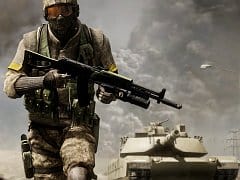
/https://oimg.videogamer.com/images/01ff/bad_company_2_26.jpg)
/https://oimg.videogamer.com/images/bbfd/bad_company_2_25.jpg)
/https://oimg.videogamer.com/images/a266/bad_company_2_24.jpg)
/https://oimg.videogamer.com/images/ccdc/bad_company_2_23.jpg)
